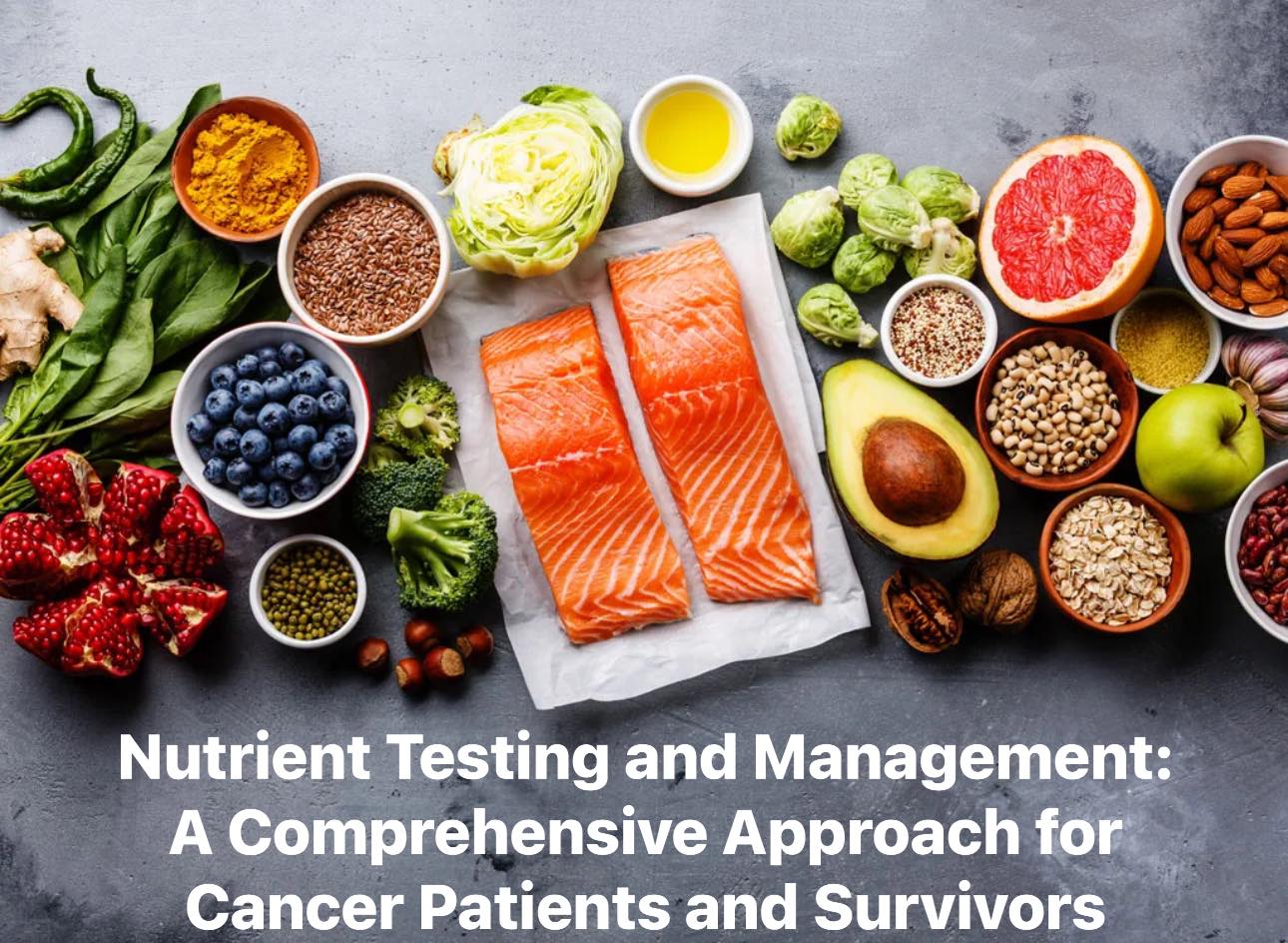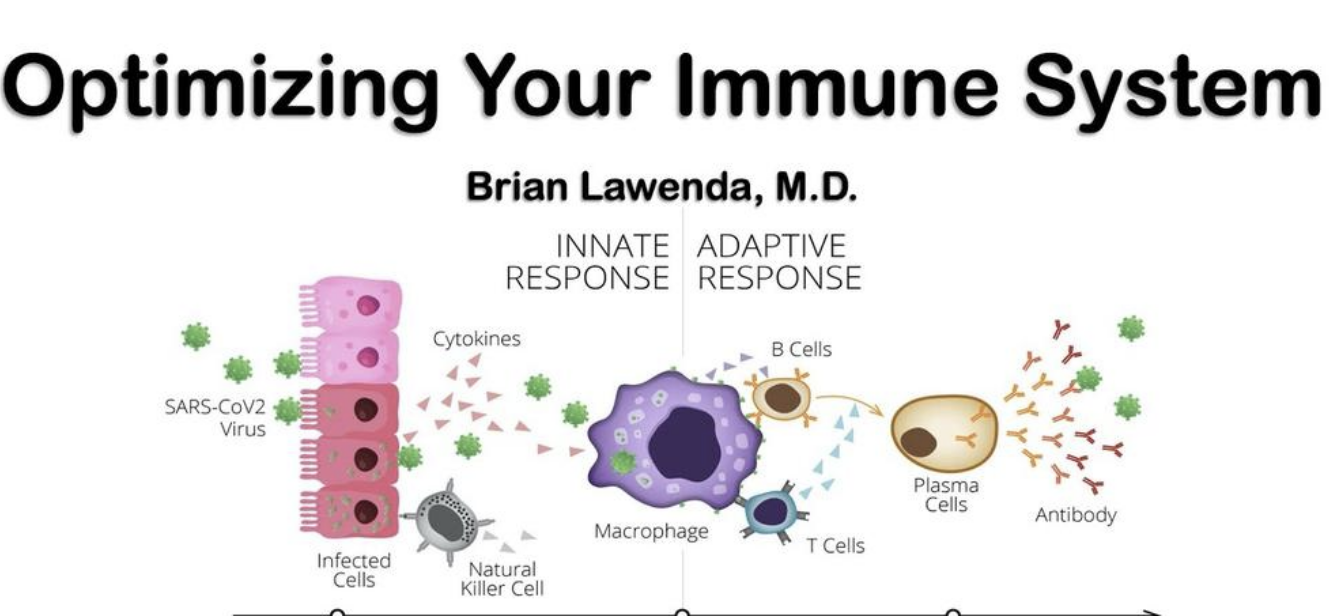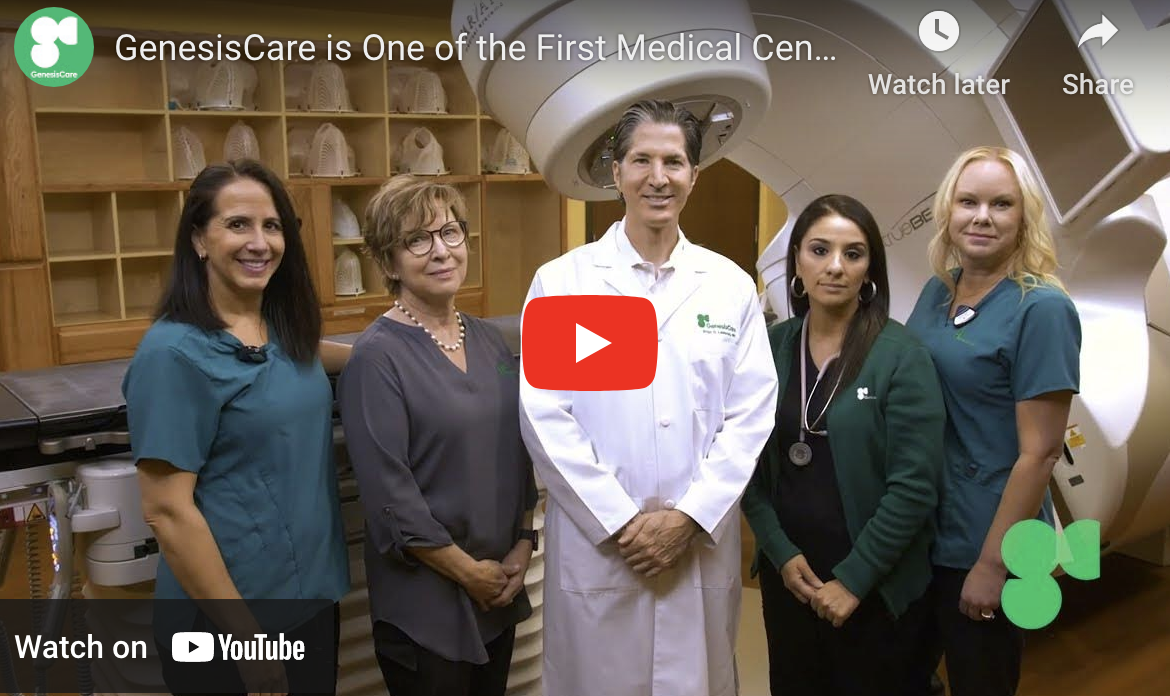Why and when to get a second opinion?”
—If you have been diagnosed with cancer it is crucial that your diagnosis is correct, your treatment plan is appropriate and you are comfortable with the specialists on your cancer care team and what they are recommending.
Learn more about second opinions in my post and video. A few years old, but just as relevant now as then.
Contact GenesisCare Northwest for a second opinion consultation: 509-987-1800
Here are some examples of why you might consider getting a second opinion:
- Pathology second opinions: If the pathology is read incorrectly, this can completely alter the treatment plan. One study recently reported that 11% of breast cancer pathology second opinions resulted in significant differences that changed the treatment plan.(Khazai, Middleton, Goktepe, Liu, & Sahin, 2015)
- Radiology second opinions: The oncology team relies very heavily on the radiology interpretation of your studies (i.e. CT scan, MRI, ultrasound, PET/CT scan, etc.) Depending on what is found on these studies, additional diagnostic and treatment plans will be recommended (i.e. biopsies, surgeries, radiation therapy and systemic therapies.)
- Radiation Oncology, Medical Oncology and Surgical second opinions: It is quite common for treatment plans to differ amongst specialists. Surgeons can differ in their approach, procedure and aftercare. Medical oncologists can vary on their choice of drug regimens, doses, and duration. Some are also more likely to discuss clinical trial options.
- Second opinion with academic experts in your cancer type: If any of the members of your cancer care team are not experts in your specific cancer, you might benefit from getting a second opinion at a center of excellence that specializes in this condition. This is especially important if you have a rare cancer type. Studies show that higher volume medical centers and specialty providers (i.e. surgeons, medical oncologists, pathologists, radiation oncologists) that diagnose and treat conditions requiring expertise in management often report better outcomes.(Gooiker et al., 2010; Liu et al., 2015)
- If any of your cancer team providers tell you that there is some uncertainty on the type or stage of your cancer, I recommend that you get a second opinion. They may even recommend that you obtain a second opinion. This also goes if you have any doubts about the diagnosis or treatment plan that you have been told during your first opinion.
- If your cancer care team providers offer you more than one management option and you are not sure which to choose, a second opinion should help to get other perspectives to help you make a decision.
- If you are having any difficulty understanding or communicating with any of your physicians, you feel rushed in your encounters or simply don’t feel comfortable with any of them, get a second opinion.
- If you are receiving a treatment that is no longer working, and your doctors say that there is nothing else that they can do. They may even recommend hospice. If you feel that you want to get another opinion, do so.
- If your treatment seems too toxic or you are having serious side effects, and your doctors do not change your treatment, get another opinion.
- If you hear about patients receiving other treatments and tests, and your doctor can’t address whether they might be helpful for your condition, consider a second opinion.
- If you have an interest in an integrative oncology approach to your cancer care. If this is not available with the group of providers you are currently seeing and you want an integrative approach to your cancer care, you will need to consult with a center that offers this service.
- If you want to involve a naturopathic doctor (N.D.) in your care, make sure to chose one with expertise in working with cancer patients. You can find a list of oncology-specialized N.D.’s through the Oncology Association of Naturopathic Physicians website.
- If you want to find out which cancer drugs will likely be the most effective in the treatment of your cancer, consider getting a chemotherapy sensitivity assay conducted on your cancer. Read more about this in an article I wrote.



